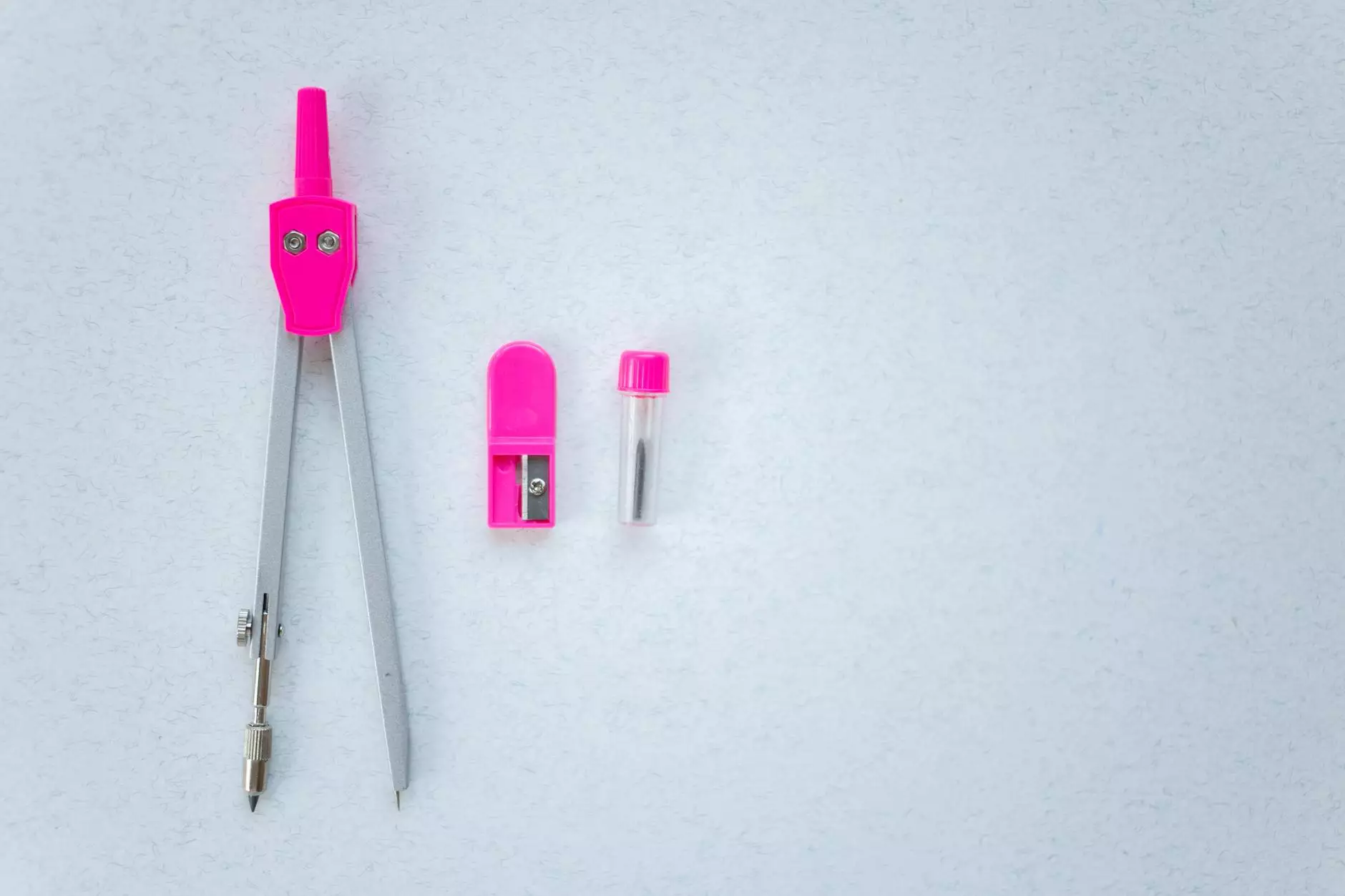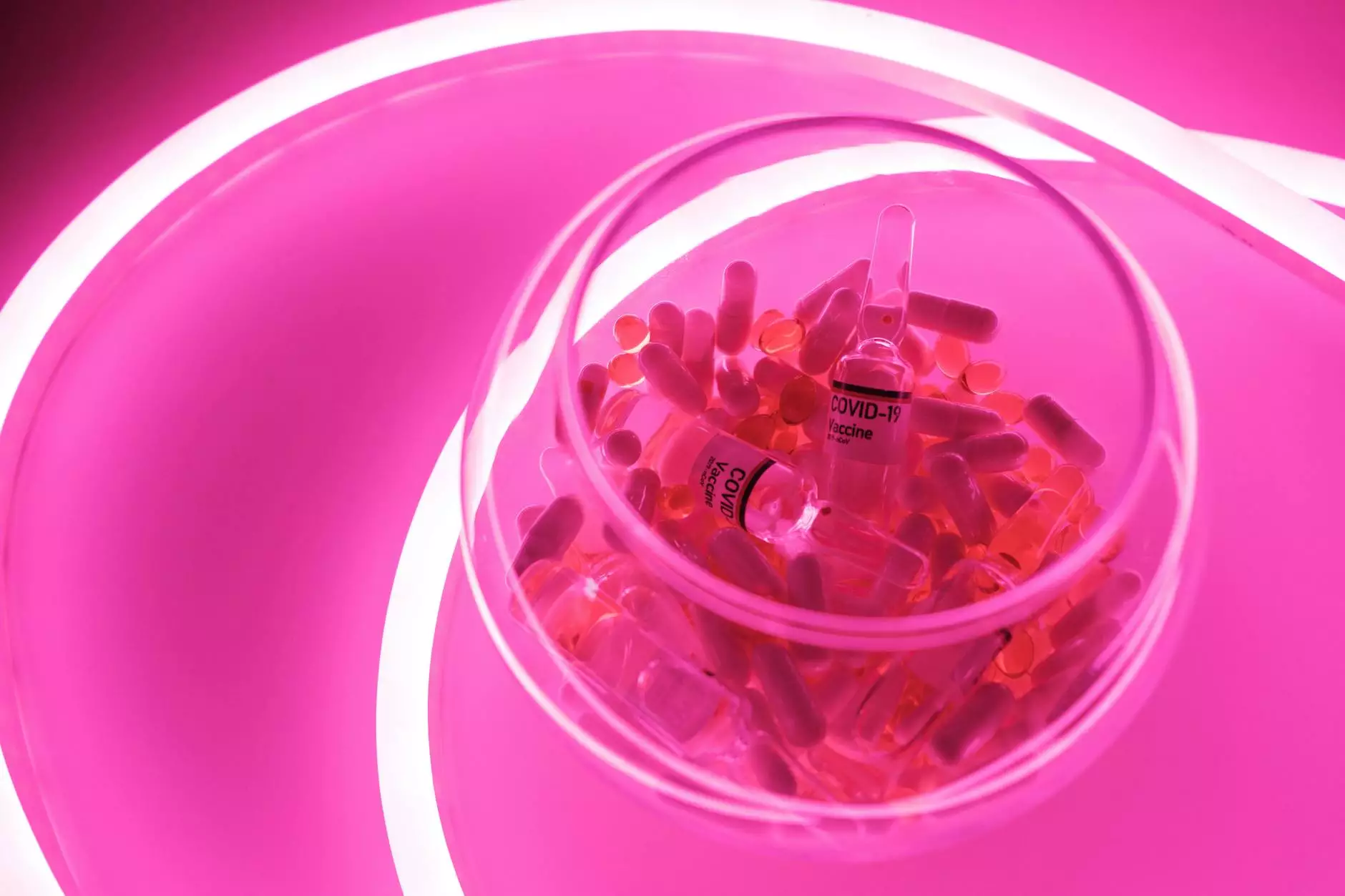Lead Acid vs Lithium Battery: Choosing the Right Option for Your Business

As a Health & Medical business, having a reliable power source is crucial for smooth operations. In today's digital age, where technology plays a significant role in everything we do, choosing the right battery is essential. Two popular options you might consider are lead acid and lithium batteries. This article will explore the advantages and differences between these two battery technologies to help you make an informed decision for your business.
The Basics: Lead Acid Battery
Lead acid batteries have been widely used for decades and are known for their affordability and durability. They consist of lead plates submerged in an electrolyte solution of sulfuric acid, which allows for the storage and release of electrical energy. These batteries are commonly found in vehicles, uninterruptible power supplies (UPS), and backup power systems.
The Advantages of Lead Acid Batteries
1. Cost-effectiveness: Lead acid batteries are generally more affordable than their lithium counterparts. This cost advantage can be significant for businesses looking to scale their operations or operate on a tight budget.
2. Durability: Lead acid batteries are known for their robust construction, allowing them to withstand harsh environmental conditions. This durability makes them suitable for businesses operating in challenging or remote areas.
3. Proven Technology: The reliability of lead acid batteries has been proven over time, offering a track record of dependable performance. With established manufacturing processes, these batteries are readily available and have a well-established infrastructure for maintenance and support.
The Basics: Lithium Battery
Lithium batteries, on the other hand, have gained popularity in recent years due to their superior energy density and advanced features. These batteries use lithium-ion technology in various forms, such as lithium iron phosphate (LiFePO4) and lithium polymer (LiPo), to provide high performance and efficiency.
The Advantages of Lithium Batteries
1. Energy Density: Lithium batteries offer a higher energy density, meaning they can store more energy in a smaller and lighter package compared to lead acid batteries. This advantage is particularly beneficial for portable and space-constrained applications.
2. Longer Lifespan: Lithium batteries generally have a longer lifespan compared to lead acid batteries. They can endure a higher number of charge and discharge cycles, resulting in less frequent battery replacements and lower overall maintenance costs.
3. Fast Charging: Lithium batteries have the capability to charge at a faster rate compared to lead acid batteries. This feature is advantageous for businesses requiring quick turnaround times and reduced downtime.
Choosing the Right Battery for Your Business
When deciding between lead acid and lithium batteries for your business, several factors should be considered:
1. Application
Firstly, consider the specific application and requirements of your business. Lead acid batteries are a reliable and cost-effective choice for applications with relatively low energy demand, such as backup power systems. On the other hand, if you require high energy density and longer lifespan, lithium batteries might be the better option, especially for portable medical devices or equipment.
2. Budget
Take into account your budgetary constraints. While lithium batteries may have a higher upfront cost, their longer lifespan and higher efficiency can result in cost savings over the life of the battery. Evaluate your long-term needs and financial capabilities before making a decision.
3. Environmental Factors
Consider the environmental conditions in which the battery will operate. Lead acid batteries excel in extreme temperatures and rough environments, making them ideal for certain medical applications. Lithium batteries, on the other hand, are generally more sensitive to extreme temperatures and may require additional temperature control mechanisms.
4. Maintenance and Support
Assess the available infrastructure for maintenance and support. Lead acid batteries benefit from a well-established network of service providers and spare parts availability. Lithium batteries, being a relatively newer technology, might have a more limited support network depending on your location.
Conclusion
As a Health & Medical business, making the right choice between lead acid and lithium batteries can impact the efficiency, reliability, and cost-effectiveness of your operations. Evaluate your specific needs, budget, and environmental factors to make an informed decision. Consider seeking expert advice from AINEGY, a leader in providing battery solutions for the Health & Medical industry. Whether you opt for the established reliability of lead acid batteries or the advanced features of lithium batteries, AINEGY can help you find the perfect power solution tailored to your unique requirements.
About AINEGY
AINEGY is a trusted name in the Health & Medical industry, specializing in providing top-quality battery solutions for various applications. With our extensive knowledge and expertise in battery technologies, we offer customized solutions that cater to the unique needs of businesses like yours. Contact AINEGY today to learn more about how our battery solutions can power your business forward.
lead acid lithium battery



